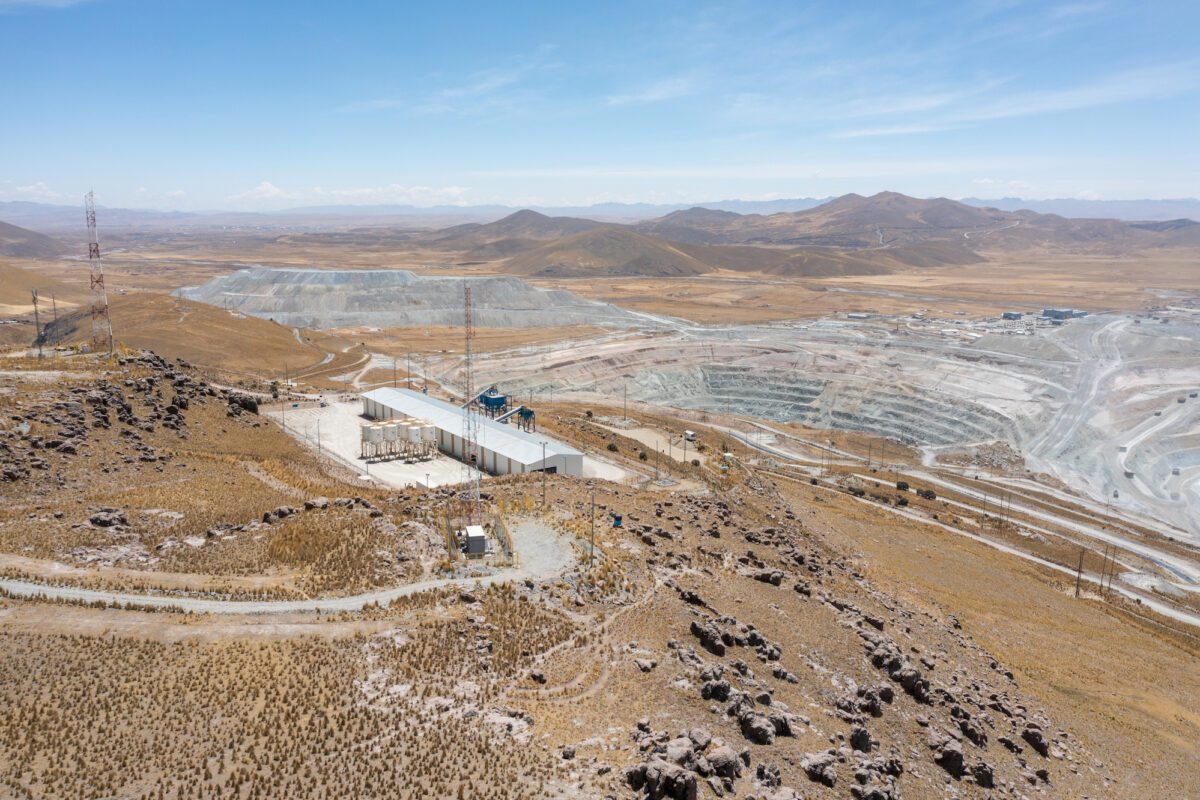A new report by the Business & Human Rights Resource Centre (BHRRC) finds that more than half of the 95 legal cases initiated around the world since 2009 by those impacted by the energy transition were documented in Latin America and the Caribbean (53%). Indigenous peoples filed almost half of all cases recorded worldwide (47%). “People affected by transition minerals mining projects or renewable energy projects are increasingly resorting to courts to make sure that those projects respect their rights,” Elodie Aba, senior legal researcher at the BHRRC and lead author of the report, told Mongabay over a video call. “Most of the time, litigation is going to be the last resort for them. But when there’s no other choice, we can see that people are more aware of their rights now and [are] actually using the tools at their disposal for that.” The researchers analyzed the BHRRC’s just transition litigation tool to assess the status of human rights lawsuits against transition mineral mining firms and renewable energy companies. Mining for minerals used in the global energy transition, such as bauxite, copper and lithium, was the sector with the most lawsuits, representing more than 70% of all cases analyzed. In Latin America and the Caribbean, 76% of cases involved transitional mineral mining. Across the world, 71% of transition mineral mining cases focused on the projects’ environmental impacts, while more than 60% included water access issues or water pollution. Research has shown that mining processes, such as ore extraction and mineral…This article was originally published on Mongabay
From Conservation news via this RSS feed


